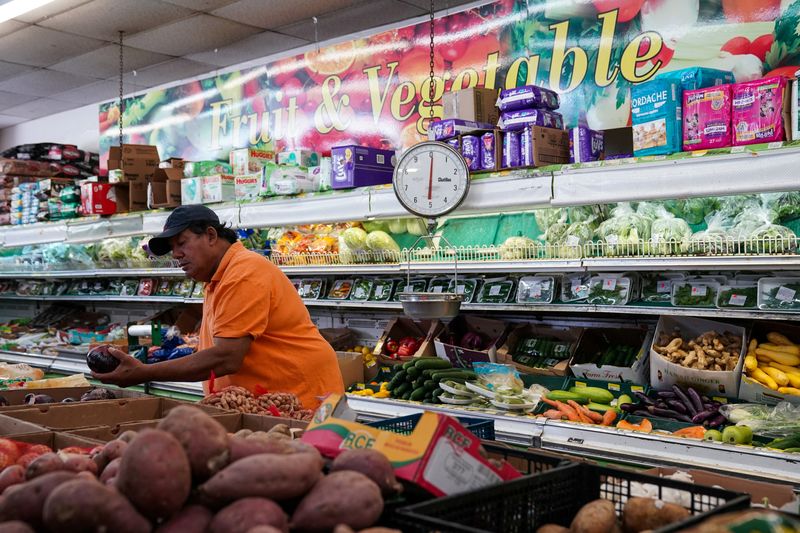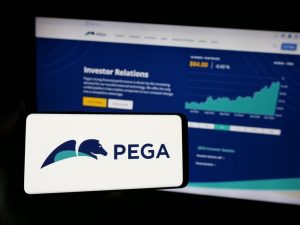
By Lucia Mutikani
WASHINGTON (Reuters) -U.S. consumer prices increased as expected in October amid higher costs for shelter such as rents, and progress toward low inflation has slowed in recent months, which could result in fewer interest rate cuts from the Federal Reserve next year.
The report from the Labor Department on Wednesday, which also showed underlying inflation continuing to run a little warmer last month did not change expectations that the U.S. central bank would deliver a third rate cut in December against the backdrop of a softening labor market.
“Progress on inflation has started to stall,” said Michael Pugliese, a senior economist at Wells Fargo. “The time is fast approaching when the Fed will signal that the pace of rate cuts will slow further, perhaps to an every-other-meeting pace starting in 2025.”
The consumer price index rose 0.2% for the fourth straight month, the Labor Department’s Bureau of Labor Statistics said. The increase was in line with economists’ expectations.
A 0.4% rise in the cost of shelter, which includes rents as well as hotel and motel rooms, accounted for more than half of the increase in the monthly CPI. Shelter costs gained 0.2% in September.
Food prices rose 0.2% after advancing 0.4% in September. Grocery store food prices edged up 0.1% amid solid increases in the costs of bread, dairy products as well as nonalcoholic beverages and fruits and vegetables, which more than offset cheaper meats, poultry and fish. Egg prices plunged 6.4%.
Gasoline prices eased further, falling 0.9%. But the cost of electricity jumped 1.2% and natural gas prices rose 0.3%.
In the 12 months through October, the CPI advanced 2.6% after climbing 2.4% in September.
The uptick in annual inflation also reflected last year’s low reading dropping out of the calculation. Frustration over inflation helped to propel Republican Donald Trump to victory in last week’s presidential election, defeating Democratic Party candidate and Vice President Kamala Harris.
Economists are, however, forecasting higher inflation next year if Trump forges ahead with his economic policies, including tax cuts and higher tariffs on imported goods. He has also vowed mass deportations of undocumented immigrants, which economists say will shrink the labor supply, raising costs for businesses that are then passed on to consumers.
Though the U.S. central bank is expected to lower rates again in December, economists see the scope for more cuts next year as limited. U.S. Treasury yields have surged as investors expect the president-elect’s policies will proceed unhindered, with Republicans controlling the U.S. Senate and on the verge of clinching the House of Representatives.

